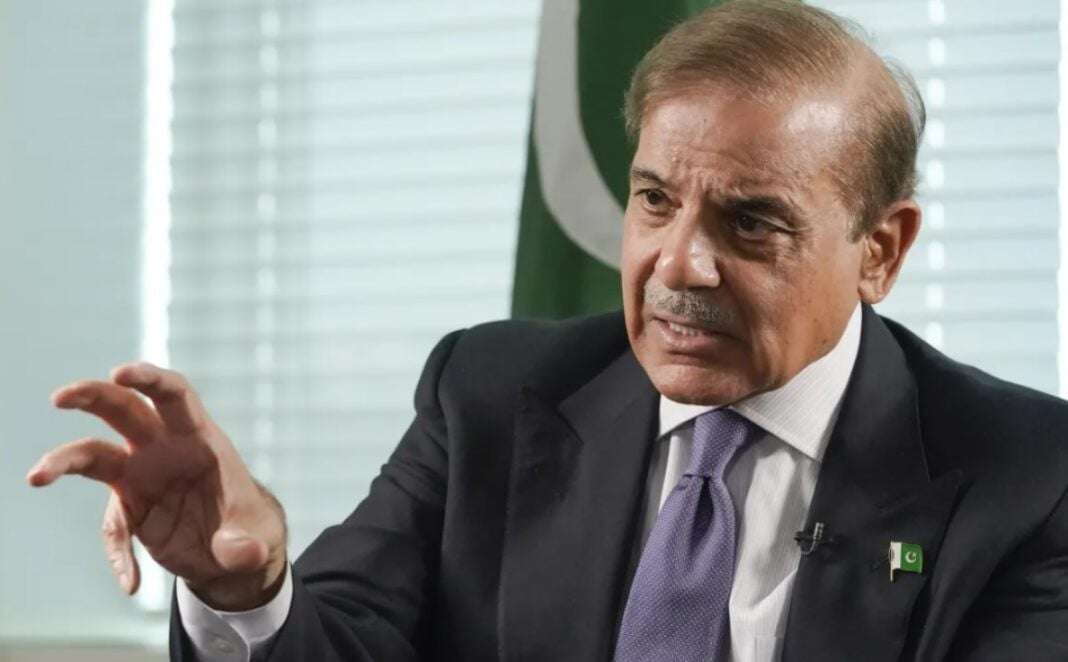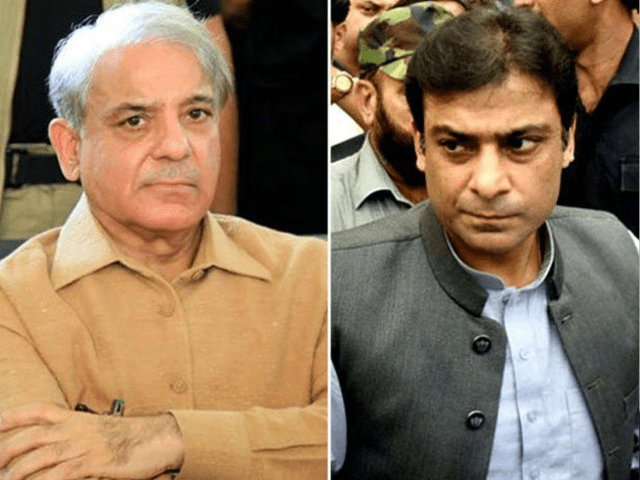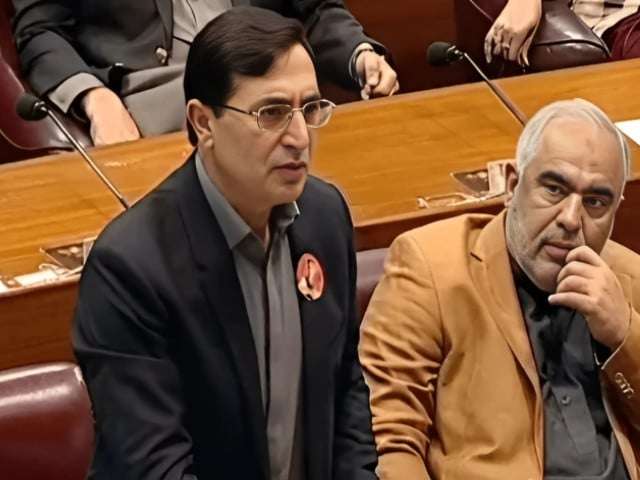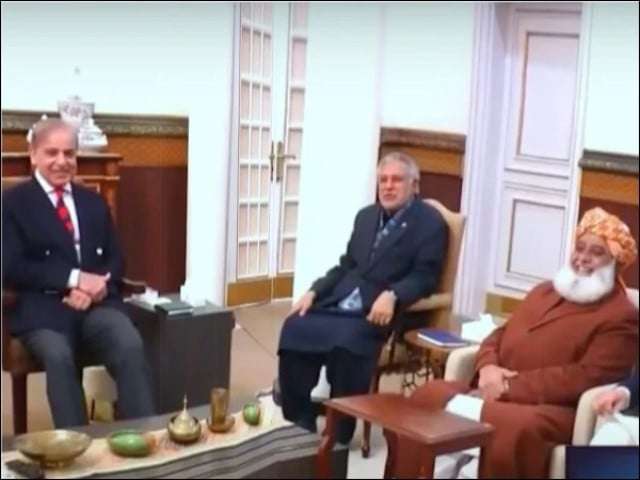Prime Minister Shehbaz Sharif emphasized the significant relationship between political stability and economic growth, stressing that Pakistan’s future economic prosperity depends on a solid political framework.
The Link Between Political Stability and Economic Growth
In a pivotal address to the Special Investment Facilitation Council (SIFC) on Thursday, Prime Minister Shehbaz Sharif underscored the crucial link between a country’s political stability and its economic progress. The prime minister explained that a robust economy requires a stable and effective political environment, noting that without such stability, Pakistan would struggle to achieve its economic objectives.
PM Shehbaz highlighted that the country had made notable strides in improving its macroeconomic indicators. Under the leadership of the economic team, inflation has been reduced significantly, foreign remittances have surged, exports have risen, and foreign exchange reserves have seen a notable increase. These improvements, according to PM Shehbaz, serve as indicators of the government’s effective economic management and the benefits of political stability.
Macroeconomic Improvements Under the Current Government
During his address, PM Shehbaz elaborated on several macroeconomic successes that have occurred under the current government. He pointed out that inflation, a key concern for the public, had been reduced to 4.1%, marking a significant achievement in Pakistan’s ongoing economic recovery. The prime minister also noted a remarkable 34% increase in foreign remittances, reflecting the confidence of Pakistanis living abroad in their home country’s economy.
Additionally, PM Shehbaz highlighted the rise in exports, which directly contributed to an increase in foreign exchange reserves. These reserves had surged from $4 billion to $12.5 billion, providing Pakistan with greater financial stability. According to the Prime Minister, this growth was a direct result of sound policies, which focused on the effective management of the country’s economic resources.
The Role of Policy Rate and Economic Growth
Despite the positive growth figures, PM Shehbaz acknowledged that there was still room for improvement in the country’s monetary policy. Currently, the policy rate stands at 13%, but the Prime Minister hinted at the possibility of further easing, citing a potential 8% reduction to account for the current inflation rate. This move, he suggested, would further stimulate growth and provide additional support to businesses and consumers alike.
International Partnerships and Investments
One of the most significant developments in Pakistan’s economic landscape, according to PM Shehbaz, has been the successful signing of Memorandums of Understanding (MoUs) with key foreign nations such as Saudi Arabia, Qatar, and the UAE. These agreements, worth billions of dollars, have bolstered Pakistan’s foreign investment prospects and signal a growing trust in the country’s economic recovery.
The Prime Minister emphasized that with the country now firmly in the growth phase, the focus must shift toward export-led growth. He stressed that Pakistan had no other option if it was to achieve long-term economic development and ensure its continued prosperity in the global market.
Fiscal Measures and Tax Revenue Growth
The Prime Minister also took the opportunity to praise the efforts of the Federal Board of Revenue (FBR) and the economic team for their excellent work in tax collection. Under the Advance-to-Tax Ratio (ADR), Pakistan was able to collect an additional Rs 72 billion in taxes, which helped nearly meet the government’s tax revenue target for December 2024. This achievement, according to PM Shehbaz, is a testament to the commitment of the government to strengthening the national economy and ensuring the sustainability of economic growth.
Reducing Bureaucratic Barriers for Businesses
In a bid to improve the ease of doing business in Pakistan, PM Shehbaz highlighted several reforms designed to streamline bureaucratic processes. These reforms include a 39% reduction in the time required for container inspections, providing a significant boost to the logistics sector. Moreover, the introduction of a faceless interaction facility has offered an 89% relief to businesses, making it easier for them to comply with regulatory requirements without facing unnecessary delays.
Additionally, the government has made notable progress in curbing illegal activities, such as the smuggling of sugar from Pakistan to Afghanistan. This reduction in smuggling has had a positive impact on both the local economy and the sugar industry. Moreover, the government has earned $0.5 billion in sugar exports and $4 billion from rice exports, which has contributed positively to Pakistan’s foreign exchange reserves.
The Threat of Terrorism and National Security
In addition to discussing the country’s economic improvements, PM Shehbaz also addressed the ongoing security challenges faced by Pakistan. He emphasized that the issue of terrorism remains one of the biggest obstacles to Pakistan’s progress and prosperity. “Security has become a big challenge today, and without crushing the menace of terrorism, we cannot move forward,” PM Shehbaz asserted.
The Prime Minister reaffirmed the government’s commitment to combating terrorism and ensuring the safety and security of the Pakistani people. According to PM Shehbaz, achieving a secure environment is a precondition for further economic development and social stability in Pakistan. Without addressing the security situation, the country would not be able to fully capitalize on its economic potential.
Efforts to Normalize the Situation in Kurrum
PM Shehbaz also congratulated the relevant stakeholders for successfully facilitating an agreement between tribal groups to normalize the situation in Kurrum, a region that has historically been affected by security challenges. He expressed his condolences over the loss of innocent lives in the region and emphasized the importance of creating a peaceful and stable environment to foster economic growth in all areas of Pakistan.
Looking Ahead to 2025: Optimism and Strategic Goals
As Pakistan looks ahead to 2025, Prime Minister Shehbaz Sharif expressed optimism about the country’s economic prospects. He believes that with the right policies in place, the nation can build on its recent successes and create a more prosperous future. The country’s political stability, combined with strong economic management and international partnerships, will serve as the foundation for this growth.
PM Shehbaz’s vision for 2025 is centered around continuing efforts to improve the country’s macroeconomic indicators, further reducing inflation, boosting exports, and attracting foreign investment. With a focus on export-led growth, Pakistan is poised to achieve sustainable economic development that can elevate the country on the global stage.
FAQs
1. What is the connection between political stability and economic growth in Pakistan?
PM Shehbaz Sharif emphasized that political stability is essential for economic growth, as a stable political environment allows for the effective implementation of policies that promote economic development.
2. What are some of the recent economic successes in Pakistan?
Pakistan has seen a reduction in inflation to 4.1%, an increase in foreign remittances by 34%, a rise in exports, and a surge in foreign exchange reserves from $4 billion to $12.5 billion.
3. How is Pakistan improving its ease of doing business?
Pakistan has reduced container inspection times by 39% and introduced a faceless interaction facility that provides 89% relief to businesses, improving compliance and reducing bureaucratic delays.
4. What is the government’s stance on terrorism in Pakistan?
PM Shehbaz Sharif emphasized that terrorism remains a significant challenge to Pakistan’s progress, and the government is committed to countering terrorism to ensure national security and stability.
5. What agreements have been signed to boost foreign investment in Pakistan?
Pakistan has signed MoUs worth billions of dollars with Saudi Arabia, Qatar, and the UAE, which will help attract foreign investment and contribute to the country’s economic growth.
ALSO READ
https://flarenews.pk/2025/01/02/pti-demands-judicial-commission-release-of-political-prisoners/



